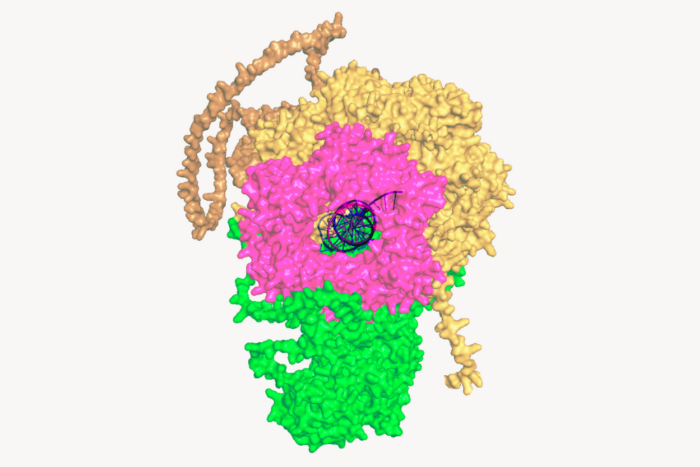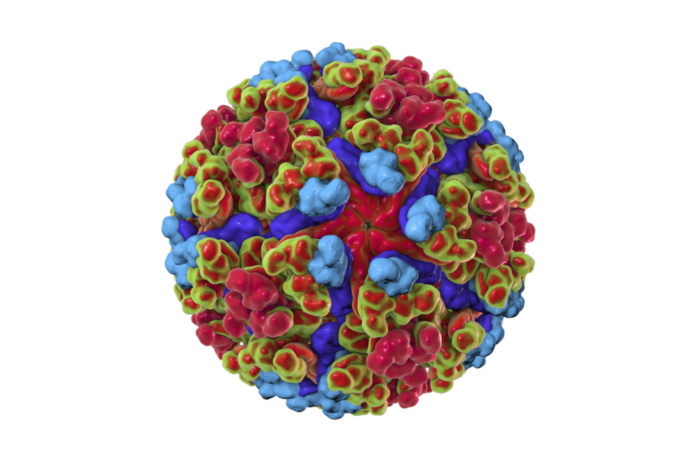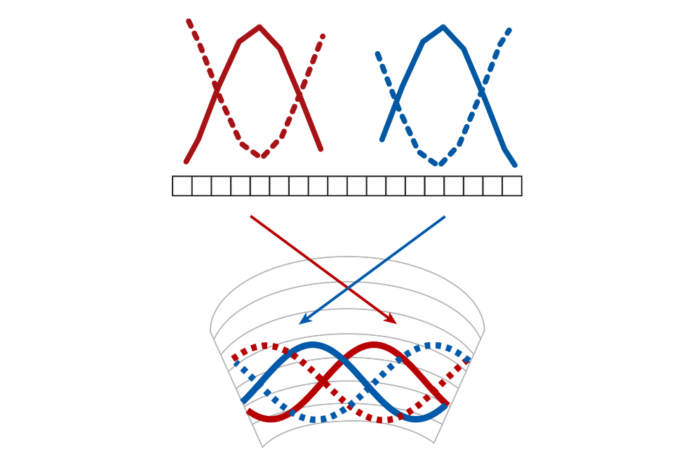Christine E. Cho
 Christine E. Cho
Christine E. Cho
Presented by Leslie B. Vosshall on behalf of Cori Bargmann
Sc.B., Brown University
Mechanisms of Olfactory Plasticity in Caenorhabditis elegans
Although many religions warn us against fortune tellers, it’s the brain’s job to predict the future. What does a new stimulus presage? What should I do about it? Evolution has endowed the brain with innate predictions in the form of instinctive preferences for stimuli, especially tastes and smells. Infants love sweets and refuse bitter food because their brains innately predict that one taste will lead to growth and the other to misfortune. But the world is a complex place, full of surprises, and so the brain must build new predictions to match reality, and that we call learning.
Christine Cho is from Korea, a graduate of Brown University, and now a newly minted Ph.D. from Rockefeller University. Christine has elucidated the changes that occur in the brain of the tiny worm C. elegans as it learns that some food odors, sadly, are not as promising as evolution thinks they are. Christine herself is a food fanatic and a wonderful pastry chef, so she knows that this is a serious issue. To elucidate it, she studied a behavior in which an appealing food odor is paired with starvation, a most undesirable state. Even C. elegans can learn that this odor is leading nowhere, and first ignore and then despise it. Christine mapped a circuit for this process of olfactory adaptation, finding new genes and pinpointing neurons that are required to pair the experience of odor and starvation in the formation of the memory. She discovered how these neurons change themselves and other neurons after learning—finding the signals for mobilization of a protein kinase to the nucleus to regulate transcription, and finding long-lasting shifts in the properties of sensory neurons and their interactions with targets. These changes represent an altered prediction, an encoding of experience in connected neurons. They are a very small version— because the worm is very small—of the profound and mysterious process of memory, by which our experiences change our brains.


